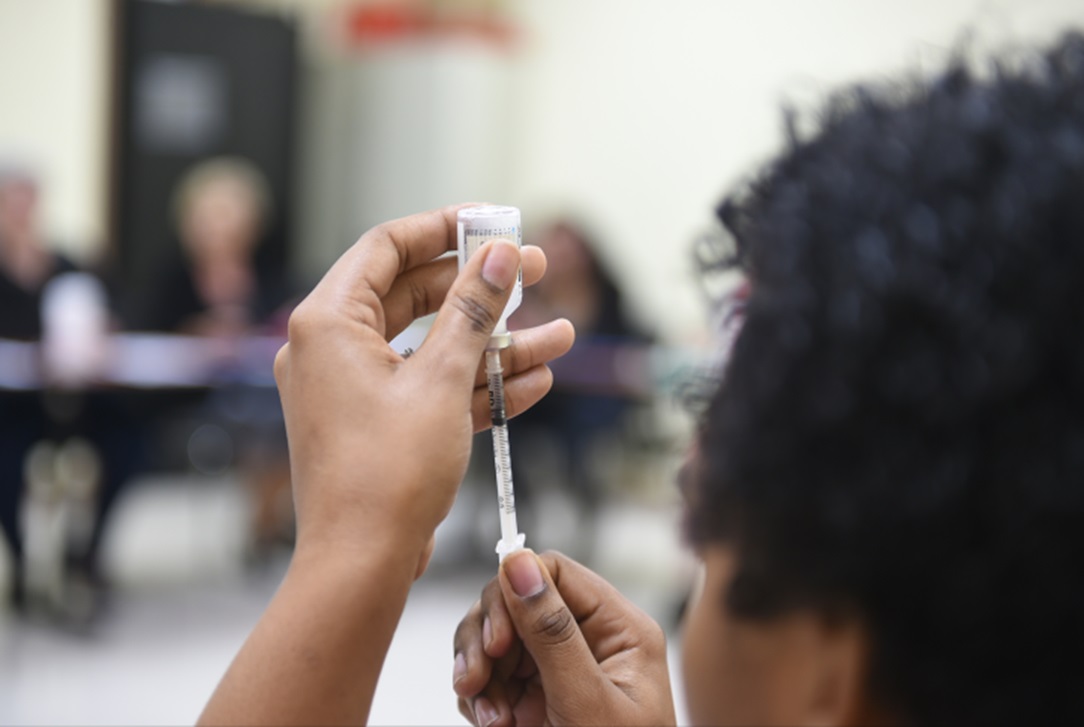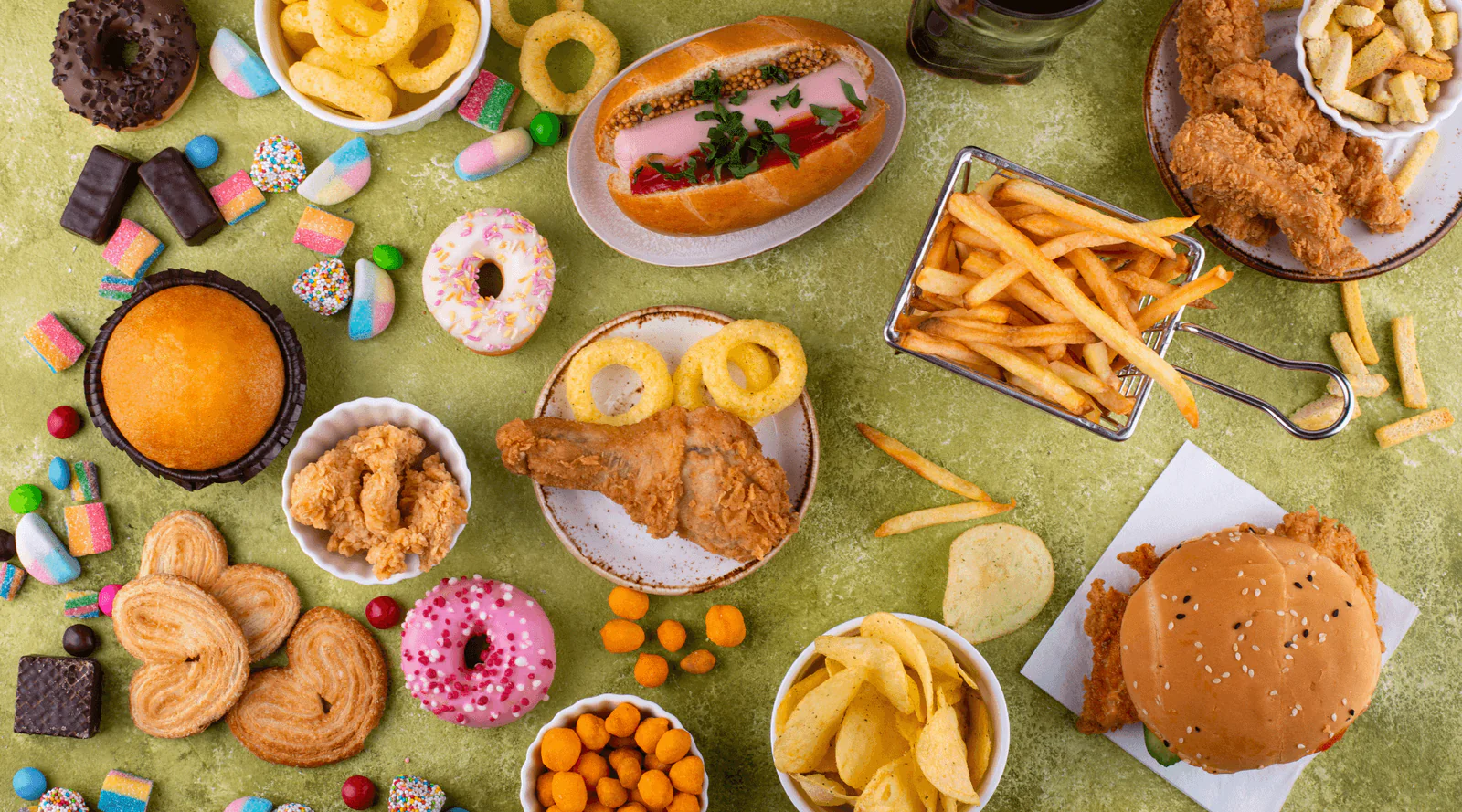A highly popular group of weight loss and diabetes drugs is decreasing some consumers’ appetites — and also how much they spend on food.
Most people taking those medications, called GLP-1s, report spending less on eating out at restaurants and ordering takeout. A smaller percentage of those surveyed say they are also spending less on groceries.
These findings add to growing concerns that the soaring demand for GLP-1s could negatively impact the bottom lines of major restaurant chains and makers of packaged snacks like Doritos, Oreos, and Hershey’s Kisses.
GLP-1s include Novo Nordisk’s blockbuster weight loss injection Wegovy and diabetes counterpart Ozempic, along with Eli Lilly’s popular weight loss treatment Zepbound and diabetes injection Mounjaro.
The rising demand for these four drugs is not expected to ease anytime soon. According to the new survey, Morgan Stanley analysts predict the market for GLP-1s to be worth $105 billion by 2030.
They also estimate that 31.5 million people, or around 9% of the U.S. population, will be taking GLP-1s by 2035.
“There is growing evidence that the drugs have a meaningful impact on consumer behavior and spending on groceries and restaurants,” noted in the survey.
“All of these dynamics suggest GLP-1 drugs’ impact across consumer sectors is set to increase as drug uptake grows and the drugs reshape behavior among a demographic group that represents a disproportionate share of calorie consumption.”
However, many food and beverage companies have reassured investors over the last few months that it’s still unclear how much those drugs will lower their revenue.
Morgan Stanley also mentioned in the survey that GLP-1s are a manageable long-term pressure on restaurants, not an “existential risk.”
“Restaurants offer convenience and/or experience in addition to food, and that won’t change with GLP-1 usage,” the analysts said. They also noted that some restaurants might need to adapt to more health-conscious consumer behaviors.
Healthier fast-casual restaurants and coffee shops are better positioned to handle the increasing consumer use of GLP-1s, including Cava, Chipotle, Sweetgreen, and Starbucks.
Domestic service restaurants and more indulgent fast-casual chains might face more pressure, including Jack in the Box, Wendy’s, Wingstop, Shake Shack, and Portillo’s.
Meanwhile, Morgan Stanley views Hershey as the most at-risk among packaged food companies, given its American consumer-focused snacking portfolio.

Companies offering healthier food options should benefit from GLP-1s, including Vital Farms, Bellring Brands, and Simply Good Foods, according to the firm.
Among beverage companies, those producing alcoholic drinks are at the highest risk. These include Molson Coors, Boston Beer, Constellation Brands, and Diageo, according to Morgan Stanley.
Morgan Stanley conducted the survey of 300 consumers who are currently taking GLP-1 drugs in February.
These individuals are “early in their weight loss journey” but are already making significant changes to their diets and spending habits, the firm noted.
When asked about changes in their monthly spending on eating out at restaurants since starting a GLP-1, 63% of respondents said they are spending less, 28% said they are spending about the same, and 9% said they are spending more.
Similarly, 61% said they are spending less on deliveries or takeout from restaurants, 31% said they are spending about the same, and 8% said they are spending more.
Fewer participants reported reducing their grocery spending since starting a GLP-1: 31% said they are spending less, 46% said they are spending about the same, and 23% said they are spending more.
The survey also found that people tended to stick with the same restaurants but changed the types of meals they ordered.
When asked if they finish less of the food they order in one sitting when dining out, 42% of participants said “always” or “most of the time,” and 44% said “occasionally.”
Additionally, 41% said they are “always” or “most of the time” ordering smaller portions of food, while 43% said they do this only sometimes.
Consumers in the survey reported reduced food consumption across various categories, but the most notable reductions were in snacks, confections, carbonated and sugary drinks, and alcohol, according to the Morgan Stanley survey.
Roughly half of the respondents reported cutting their consumption of regular sodas, alcohol, and salty snacks by 50% or more since starting on weight loss drugs. Twenty-two percent reported stopping alcohol consumption entirely.
Based on these results, Morgan Stanley forecasts that consumption of ice cream, cakes, cookies, candy, chocolate, frozen pizzas, chips, and regular sodas could decrease by 4% to 5% by 2035.
The firm also expects a roughly 3% decrease in consumption of alcohol, frozen popcorn or pretzels, crackers, cereals, cheese, gum or mints, and energy drinks, among others.
Pre-packaged fruit juices, soups, sports drinks, coffee, frozen diet meals, tea, granola, and energy bars are among the foods that will see the least reduction in consumption, according to the firm.
Notably, the survey also found that 40% of participants reported smoking traditional cigarettes at least weekly before starting a GLP-1, but this number declined to 24% after treatment. Weekly e-cigarette use similarly fell from 30% to 16% of respondents.
However, Morgan Stanley said it is cautious about drawing conclusions from the survey on the impact of GLP-1s on addictive behaviors such as smoking. The firm stated that it is monitoring ongoing medical research in that area.
